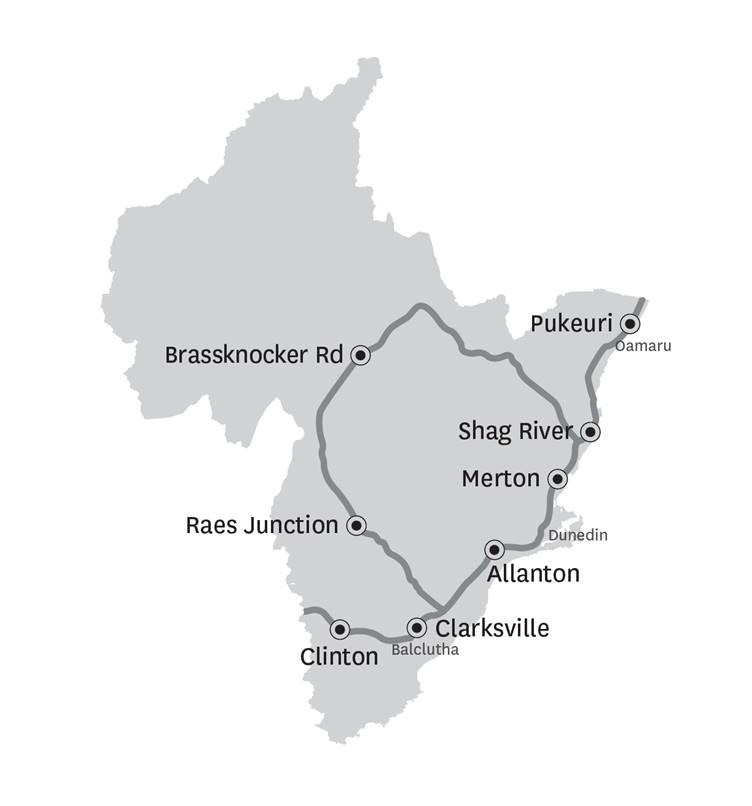The government has agreed that farmers can go ahead with Moving Day in May and June, but with strict controls designed to protect those involved from the COVID-19 virus. This includes restricting activities to those that are necessary, and any movement must follow government alert level guidelines.
Moving Day (also known as “Gypsy Day”) is traditionally when dairy cows are moved between farm properties – often by stock truck. ORC is reminding farmers and stock truck drivers to be aware of good practice for safeguarding water quality when moving stock, as well as following the COVID-19 restrictions.
General Manager Regulatory Richard Saunders said that standing cows off green feed for at least four hours (but no more than 12 hours) before they are loaded onto trucks helps reduce the amount of effluent on trucks.
“If stock effluent gets onto roads, it can be a safety hazard for drivers and can run off into waterways and pollute them. We encourage stock truck drivers to make use of the eight stock truck effluent disposal sites located across Otago,” he said.
Farmers walking along the road with stock should keep them out of roadside drains to avoid disturbed soil or effluent entering waterways.
For welfare reasons, DairyNZ also recommends that a grazed-out paddock or stand-off pad are better options for standing stock than a concrete surface, as these can contribute to tender feet and are not good for lying down.
For general enquiries, contact the ORC Rural Liaison Team on 0800 474 082, or email them at rural@orc.govt.nz.

A map of the eight stock truck effluent disposal sites around Otago.
